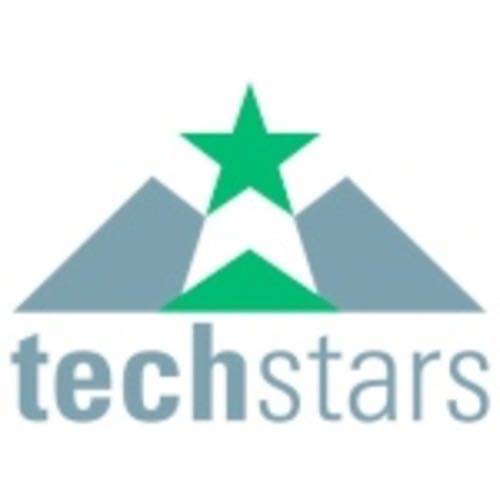Early this year famous Silicon Valley web tech incubator YCombinatorannounced that it had something new to offer participants in its program: $150,000 in venture financing for each company, from two of tech’s most famous new investors, Yuri Milner (Digital Sky Technologies in Russia, huge investors in Facebook, Zynga and others) and Ron Conway. The deal was sweet – if you got into the program, you’d get the investment under great terms: no cap and no discount. That means startups could keep raising debt funding without having a valuation limit imposed by their first investors and without having to offer those first backers extra milage for their money when an equity round was raised later. As venture financing expert Michael Arrington wrote in August, “other than gifting someone money, this is the most favorable [way] a startup can raise money.”

What could other incubators offer to compete with that? Leading competitor TechStars had its sprawling network of mentors, more locations around the country and greater reported satisfaction by some past participants. They didn’t have the same kind of money to offer, though. Today, TechStars made an announcement that went a long way towards closing that gap.
Today TechStars announced a new $24 million fund contributed to by more than ten institutions and individuals for the investment of $100,000 in every new TechStars company. The terms are not as sweet. “The terms of the note itself (at least for the upcoming class) include a 20% discount and a $3M valuation cap,” TechStars CEO David Cohen told ReadWriteWeb. That may not be the same kind of killer deal as what YCombinator offers, but it seems to go a long way towards leveling the playing field again.
TechStars emphasizes that their fund’s diversity of investors should be a key consideration for startups looking at the money that these two competing incubators can offer them.
According to today’s announcement:
“This additional funding will allow TechStars companies to stay focused on making progress during the three-month program instead of spending that valuable time on early fundraising in order to make ends meet. It’s also enough funding to entice a broader spectrum of would-be entrepreneurs to consider TechStars. This funding comes from a wide swath of the venture community nationally which means that TechStars companies will now enjoy tremendously broad support from a large number of investors that are each vested in their ultimate success, while avoiding the signaling problems associated with taking money from a single venture fund or investor.”
This seems consistent with the general contrast between YCombinator’s concentrated star power and classic hero’s tale of young, hungry shoot-for the stars startups vs. TechStars’ older, outside-the-Valley diversity of experience.
Which approach is better? Time will tell and both appear to be working well. It’s nice for startups to have options though and it’s fascinating to see how competitive the world of helping grow startups is becoming.

















